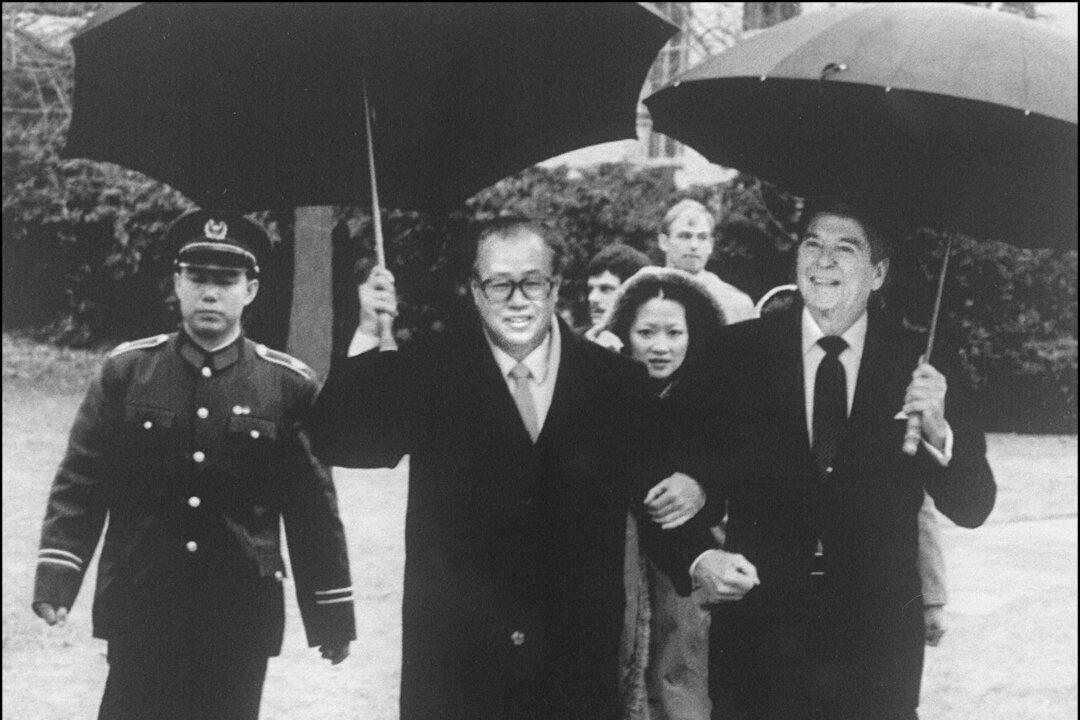Zhao, who advocated for more widespread Party reforms and economic liberalization, supported the pro-democracy protesters at Tiananmen Square in 1989. After the Party decided to violently suppress the protests, Zhao was purged from the Party and became a symbol of democracy. The Chinese regime has since forbidden all media reporting about Zhao.
Soon after the Tiananmen Square massacre, Zhao was placed under house arrest at the Beijing residence provided to him by the central government, until his death on Jan. 17, 2005.
Since Zhao’s death, his ashes have been kept at the former residence. His wife, Liang Boqi, continued to live in the residence until her death in 2013.
Zhao’s son Zhao Erjun also explained that government authorities have wanted the family to bury Zhao’s ashes in his hometown, a village in Henan Province, as the low-key location would be less likely to attract attention when mourners come to visit. But his family was insistent that his ashes be buried in Beijing, where most family members live.
In past years, people would often come to the house to mourn Zhao on his birthday, death anniversary, the day of the Tiananmen Square massacre, and the Qingming Festival, a traditional Chinese holiday for tomb-sweeping and paying respect to the dead.
Erjun told RTHK that the cemetery the family selected is located about 37 miles north of Beijing. He and his siblings bought 20 years of land usage rights and plan to bury their parents’ ashes in one grave. In China, all land belongs to government agencies, which sell the rights to the land.
“The tombstone is an ordinary material in a simple color. ... It matches my father’s character and lifestyle,” Erjun told RTHK.
Zhao was a reformist who promoted market reforms and introduced the stock market system to China. He also advocated, though unsuccessfully, for China’s entry into the General Agreement on Tariffs and Trade, the precursor to the World Trade Organization.





